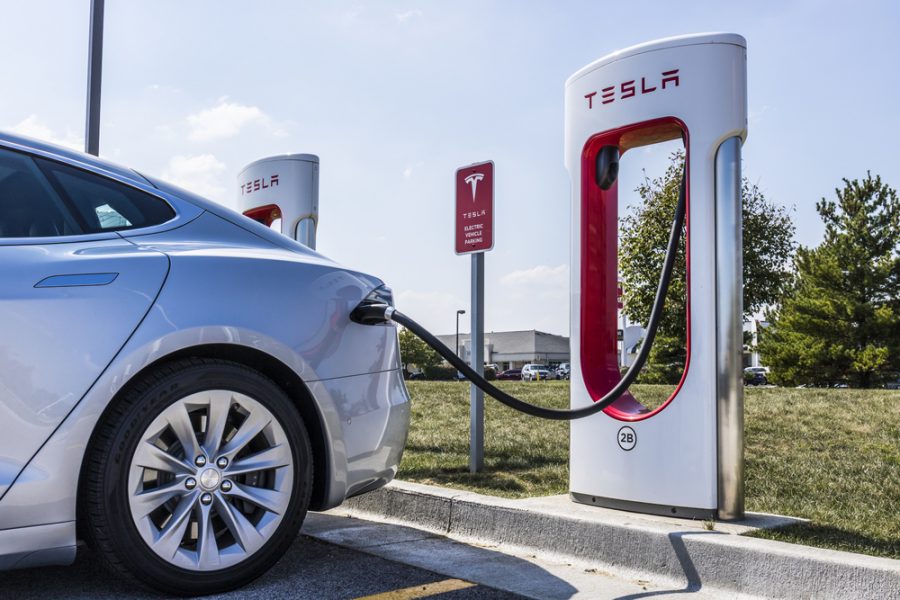The government will invest 10 million kronor ($1.26 million) over the next two years to map the existence of minerals deemed important for future growth. While Sweden has a history of mining for base metals, the Geological Survey of Sweden, a government agency, believes there’s potential for expanding the output of more uncommon minerals like tungsten and rare earths.
“Sweden has unique assets in its bedrock,” Enterprise Minister Mikael Damberg said in a telephone interview on Thursday. “Historically we have mainly explored minerals such as copper, iron, silver and gold. But the shift to green technologies means there’s an increased need for other minerals.”
The plan is part of a global push to safeguard the supply of critical metals and reduce the world’s dependence on the Democratic Republic of Congo for cobalt. The conflict-ridden African country currently produces the vast majority of cobalt, often in small mining operations where injuries and child labor are common.
The price of cobalt, a key component in the manufacture of electric vehicles, has more than tripled since the start of 2016.
If each of the 1 billion cars currently on the road were to be replaced with a Tesla Model X, demand for cobalt would equal 14 million tons — twice the size of the current global reserves, according to a study by commodity analysts CRU Group. Even a more realistic scenario of 30 million electric cars by 2030 would require output to be more than trebled from its current levels.
As manufacturers position themselves for a post-fossil fuel world, Sweden’s Volvo Cars recently made global headlines with plans to make all of its new models electric from 2019.
In addition to the government-funded initiative, Sweden has also seen a rise in private investment in the exploration of minerals used in batteries. One is Australia’s Talga Resources, which runs exploration activities aiming to extract cobalt and graphite in northern Sweden. In a recent update, it said base metal deposits in Sweden have “significant potential” as a future supply of cobalt for batteries.
The Geological Survey of Sweden (SGU) has a collection of 18,000 core samples, some of them dating back to 1858, that can be analyzed for traces of materials that have previously been overlooked. It will also look at waste material from existing base metals mines.
Though Sweden has some known reserves of lithium and cobalt, their extraction has so far not proved to be cost effective. SGU experts believe that could change.
“Of course, countries like Chile and Peru have huge geological potential, and Sweden is not in the same league,” said Anders Hallberg, a geologist at SGU. “It’s not only about geology, though. We have active mining operations, which means that we have knowledge and research capabilities.”
(Written by Niclas Rolander)





Comments